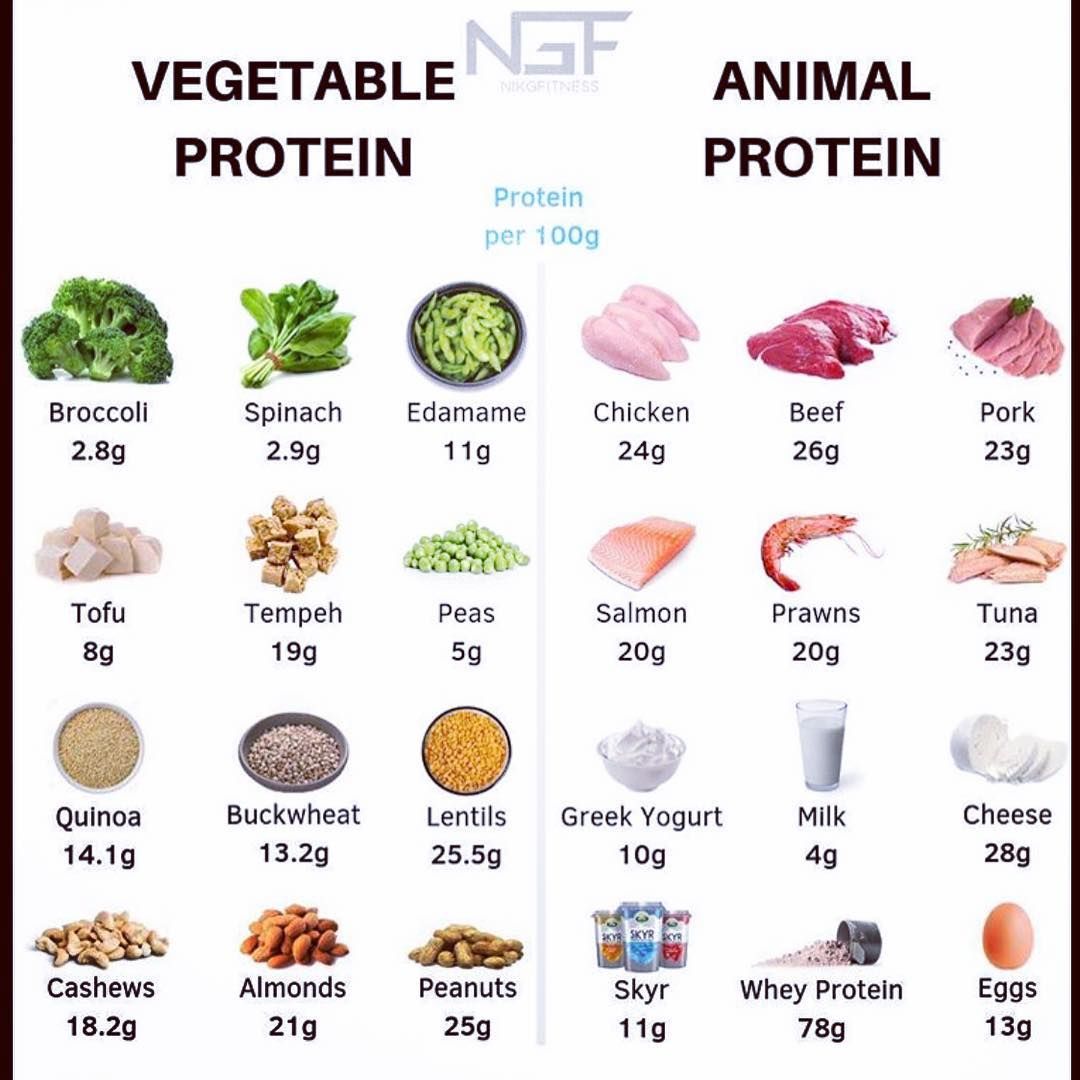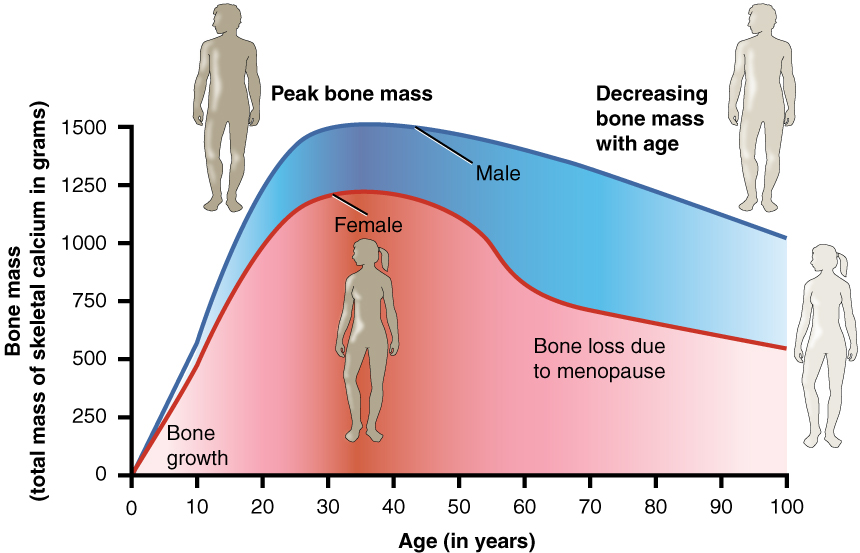Have you ever stopped to think about how you breathe? Do you take quick, shallow breaths, or slower, deeper ones? The way we breathe has a profound impact on our stress levels and overall well-being.
In today's fast-paced world, many of us rush through our days, trying to accomplish everything on our to-do lists. This can keep our nervous system locked in the sympathetic nervous system (SNS)—our body's "fight or flight" response, designed for survival. While the SNS is crucial in moments of danger, spending too much time in this state can prevent our bodies from relaxing, digesting properly, sleep and recovering after exercise.
On the other hand, the parasympathetic nervous system (PNS) helps us feel calm and at ease. It supports essential functions like digestion, repair, and reproduction. One of the best ways to signal to your body that it’s safe to transition into the PNS is through diaphragmatic breathing—a simple yet powerful tool to reduce stress and promote relaxation.
The Benefits of Diaphragmatic Breathing include:
- Lowering cortisol levels, which helps reduce stress
- Decreasing blood pressure and heart rate
- Enhancing core muscle stability
- Improve your sleep
- Improving overall well-being
How to Practice Diaphragmatic Breathing
- Place your hands on your abdomen, imagining a balloon in your belly.
- Breathe in through your nose into your belly to the count of 3, “inflate the balloon” as your hands move away from each other.
- Hold the breath for three counts.
- Exhale slowly for four counts, deflating the balloon.
Start with 1–2 minutes of diaphragmatic breathing several times a day. You can set reminders on your phone or practice while waiting at traffic lights. With regular practice, you’ll find that you can extend your breathing count and experience a greater sense of calm.
Taking a moment to breathe deeply can help you reset, refocus, and feel better—so why not give it a try? I often do it before bedtime to help me wind down from the day.





